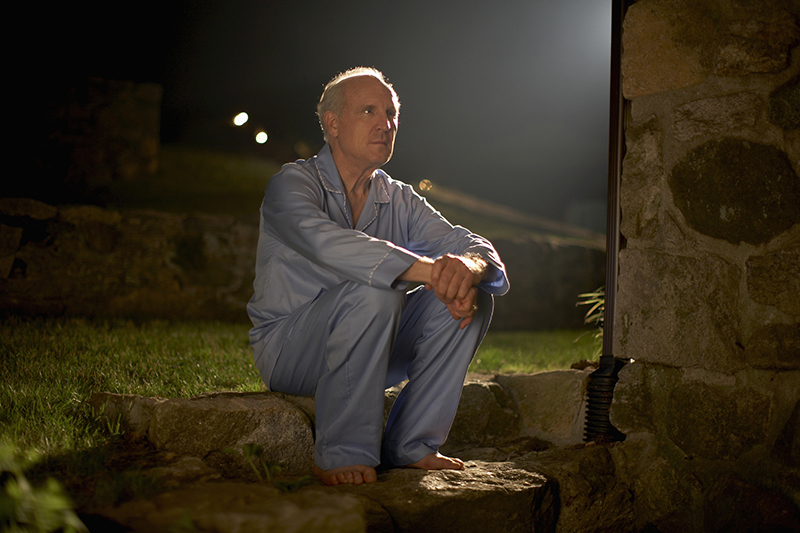
Learn how to manage sundowning in seniors with these tips.
As the sun starts to set, the majority of us can relax after a long day and plan for a quiet evening to unwind – unless of course you are providing care for a person with dementia. Sundowning, or sundown syndrome, is a frequent occurrence in Alzheimer’s disease and other forms of dementia, and can bring about restless, sleepless nights of anxiety, disorientation, confusion, and agitation – for a couple of hours around the time the sun sets, or even for the entire night.
The exact cause behind sundowning behaviors is not fully understood, but contributing factors may include:
- An interruption in the older adult’s internal body clock
- A need for less sleep
- Medication side effects
- The lack of ability to distinguish reality from dreams, triggering disorientation
- Mental and/or physical exhaustion and fatigue from a frustrating day
For tips on how to manage sundowning behaviors in seniors, try these recommendations:
- Before the sun sets, close drapes and pull down window shades, so that the senior can’t notice the darkening sky – and, make sure that there is an abundance of light throughout the residence.
- Try to schedule the senior’s day to incorporate lots of activity and deter afternoon napping.
- Switch to calming, soothing activities at the end of the day. Turn off the TV, play quiet music, and offer the senior a cup of warm herbal tea or milk.
- Take note of the senior’s eating habits during the day, limiting sweets and caffeine to the morning hours and serving an earlier dinner.
- Talk with the senior’s physician for advice in order to confirm there aren’t any underlying physical conditions contributing to the problem, such as incontinence or other bladder issues or anything resulting in physical pain. The doctor may recommend a medication to help the senior to relax in the evening.
If, in spite of these approaches, the senior is agitated and staying awake during the nighttime hours, there are a variety of steps you can take to help. First of all, remain calm and avoid arguing or getting into drawn-out conversations. Simply provide reassurance that your senior loved one is safe and everything is okay.
Identify if there’s something your senior loved one needs, and after taking care of any specific concerns, gently point out to the senior the time, and propose getting some rest. Your loved one may also feel more comfortable in a new sleeping environment, such as in a well-liked chair or guest bedroom, utilizing nightlights or other soft, indirect lighting.
Know a senior who could use care at home in Denver or the surrounding areas? The trained and experienced Alzheimer’s care experts at Abby Senior Care offer a great solution to sundowning or other challenging behaviors. We are available to take the night shift and help older adults participate in calming and pleasant activities when sleep eludes them, enabling family caregivers the opportunity to receive the rest they need. We even provide around-the-clock, live-in care to make sure older adults are safe and well looked after any time of day.
When families need trusted Alzheimer’s care or care at home in Denver and the surrounding areas, they turn to Abby Senior Care. Call us at 303-699-8840 any time and let us create a customized care plan to meet your particular needs, and improve quality of life for a senior loved one you love.
